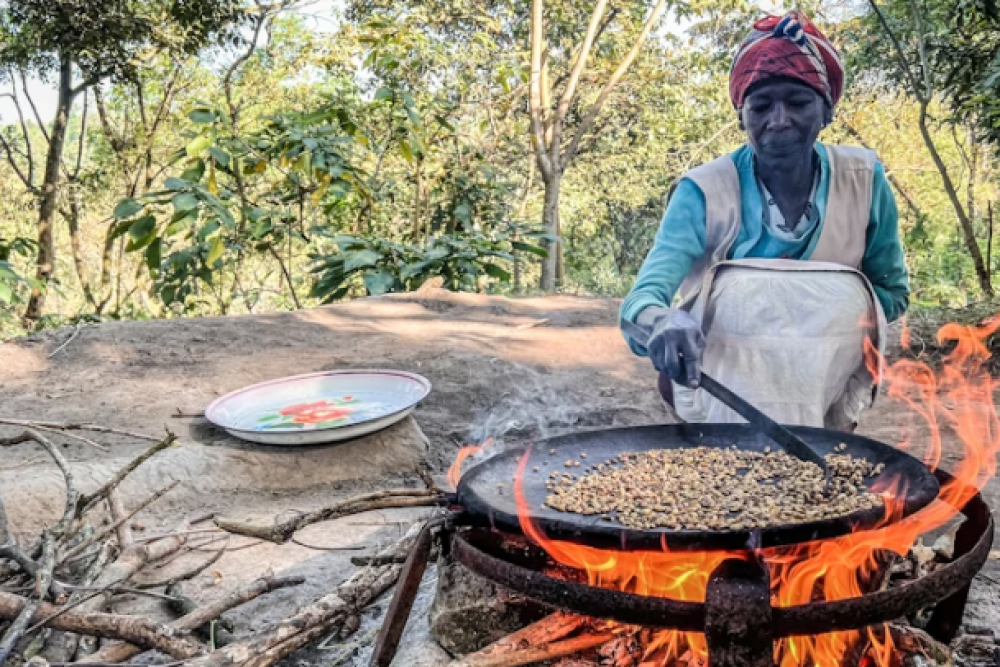The International Energy Agency (IEA) is pushing for the global adoption of “clean cooking” to protect both the environment and women from the hazards of traditional cooking methods using wood and similar inputs.
This, as government representatives, industry leaders, investors, academia and stakeholders from civil society met on March 7, 2024 at a high-level workshop in Paris organized by the IEA to discuss the opportunities and challenges facing clean cooking, particularly in Africa.
“With $4 billion a year between now and 2030, we can deploy the stoves and fuel delivery infrastructure needed to reach universal access to clean cooking in sub-Saharan Africa,” said IEA Executive Director Fatih Birol. “It will require strong national leadership and programs that are underpinned by financial support from both development institutions and the private sector. The cost of reaching universal access is small, but its impacts can be transformative for the lives of Africa’s citizens and communities.”
Countries like China, India, and Indonesia have made commendable strides in disseminating clean cooking technologies. Yet in sub-Saharan Africa, there are a rising number of people without access to cleaner stoves and fuels, largely because population growth is outpacing gains in access. This could hinder broader development efforts, making it imperative to elevate clean cooking as a policy priority. The report presents country-by-country assessments and an outlook for clean cooking under existing policies, offering a road map toward universal access.
The workshop – taking place on the eve of International Women’s Day – focused on shaping concrete outcomes for the Summit on Clean Cooking in Africa, which will be held on May 14, 2024 in Paris. The summit will be co-chaired by President Samia Suluhu Hassan of Tanzania, Prime Minister Jonas Gahr Støre of Norway and Fatih Birol, while the Africa Development Bank Group will co-host the event.
A lack of access to clean cooking impacts more than 2 billion people around the world, particularly in Africa, where four in five people cook over open fires or on basic stoves, with detrimental impacts for health, gender equality and the environment. Women and girls are worst affected as the toxic smoke from burning coal, charcoal, firewood and agricultural wastes is a leading cause of premature deaths among women and children globally, and the second biggest in Africa, accounting for 60 percent of early deaths alone due to respiratory and cardiovascular diseases.
Clean cooking is also a challenge for a variety of other societal, environmental and economic factors. Last year, the IEA and the African Development Bank Group joined forces to draw global attention to the issue, publishing the special report ”A Vision for Clean Cooking Access for All.” While covering global trends, the report pays special attention to the needs in Africa, where they are most pressing. It sheds light on the current state of clean cooking access, the costs of inaction, and the benefits of boosting access in line with United Nations Sustainable Development Goal No. 7.


